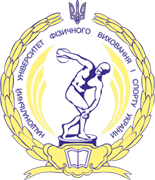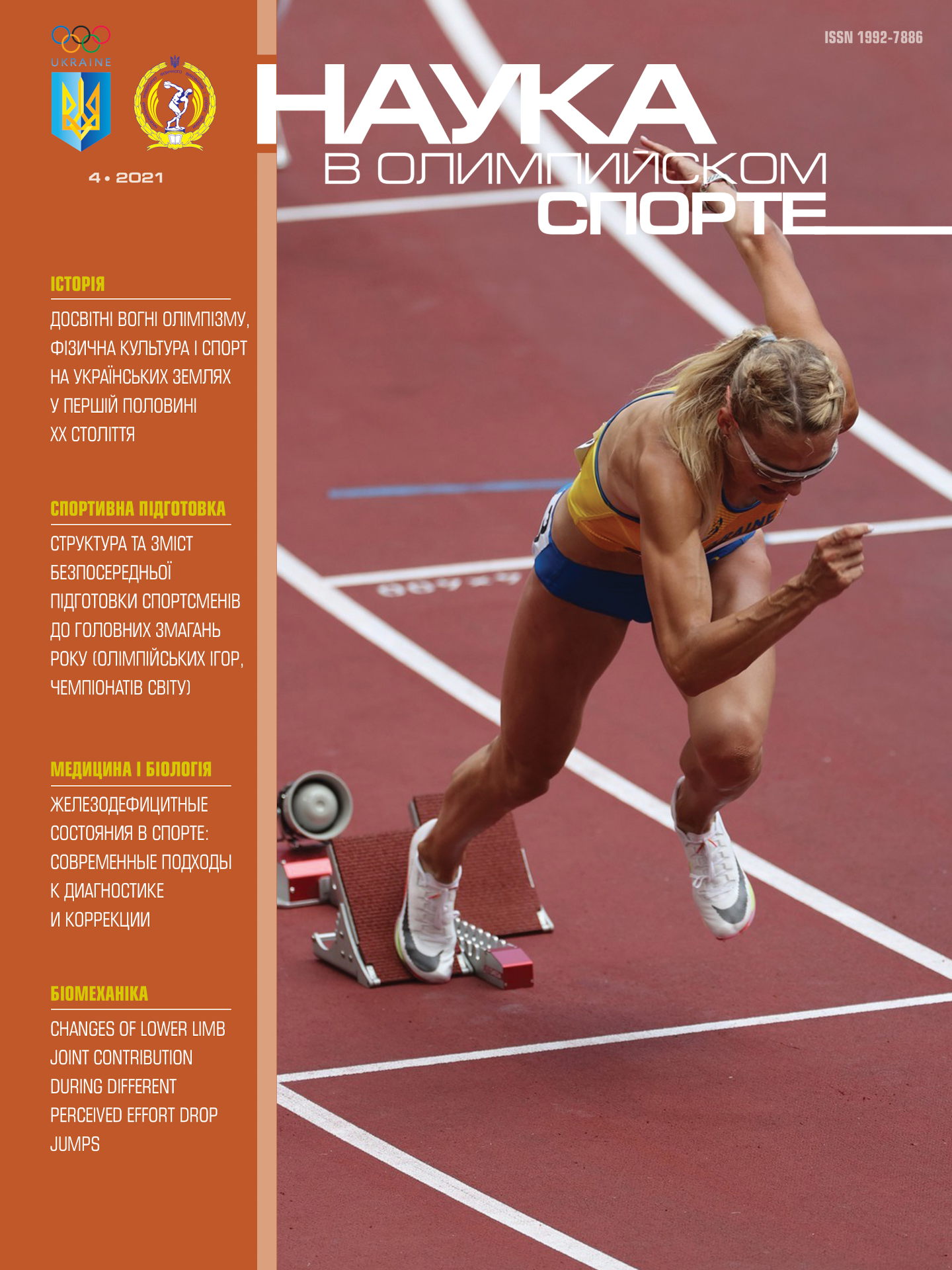Abstract:
This article discusses the various aspects of the occurrence of burnout among sports coaches that could adversely affect the effectiveness of their professional activities. Furthermore, the results of the study of the factors affecting the occurrence and level of coach burnout are presented.
Objective. To study theoretically and experimentally the personal manifestations of professional burnout syndrome among sports coaches.
Results. Sports coach profession belongs to the service industry (with person-to-person interaction), their professional activity takes place in the environment associated with an extra stress impact related to the high pressure to win and realization of a coach functions; administrative and parent involvement (indifference); disciplinary problems; necessity to deal with various types of people; and the variety of roles they have to perform. The above mentioned and other professionally significant components of coach’s activity largely determine the premature development of professional burnout among sports coaches.
Conclusions. Professional burnout may manifest itself at different levels of personality organization and under its various behavioral manifestations. On this basis, the results of the study of the personality traits affecting burnout provide an opportunity to improve the system of early diagnosis and personnel selection for educational professions, particularly for the job of a sports coach, and this explains their practical value.
Objective. To study theoretically and experimentally the personal manifestations of professional burnout syndrome among sports coaches.
Results. Sports coach profession belongs to the service industry (with person-to-person interaction), their professional activity takes place in the environment associated with an extra stress impact related to the high pressure to win and realization of a coach functions; administrative and parent involvement (indifference); disciplinary problems; necessity to deal with various types of people; and the variety of roles they have to perform. The above mentioned and other professionally significant components of coach’s activity largely determine the premature development of professional burnout among sports coaches.
Conclusions. Professional burnout may manifest itself at different levels of personality organization and under its various behavioral manifestations. On this basis, the results of the study of the personality traits affecting burnout provide an opportunity to improve the system of early diagnosis and personnel selection for educational professions, particularly for the job of a sports coach, and this explains their practical value.













